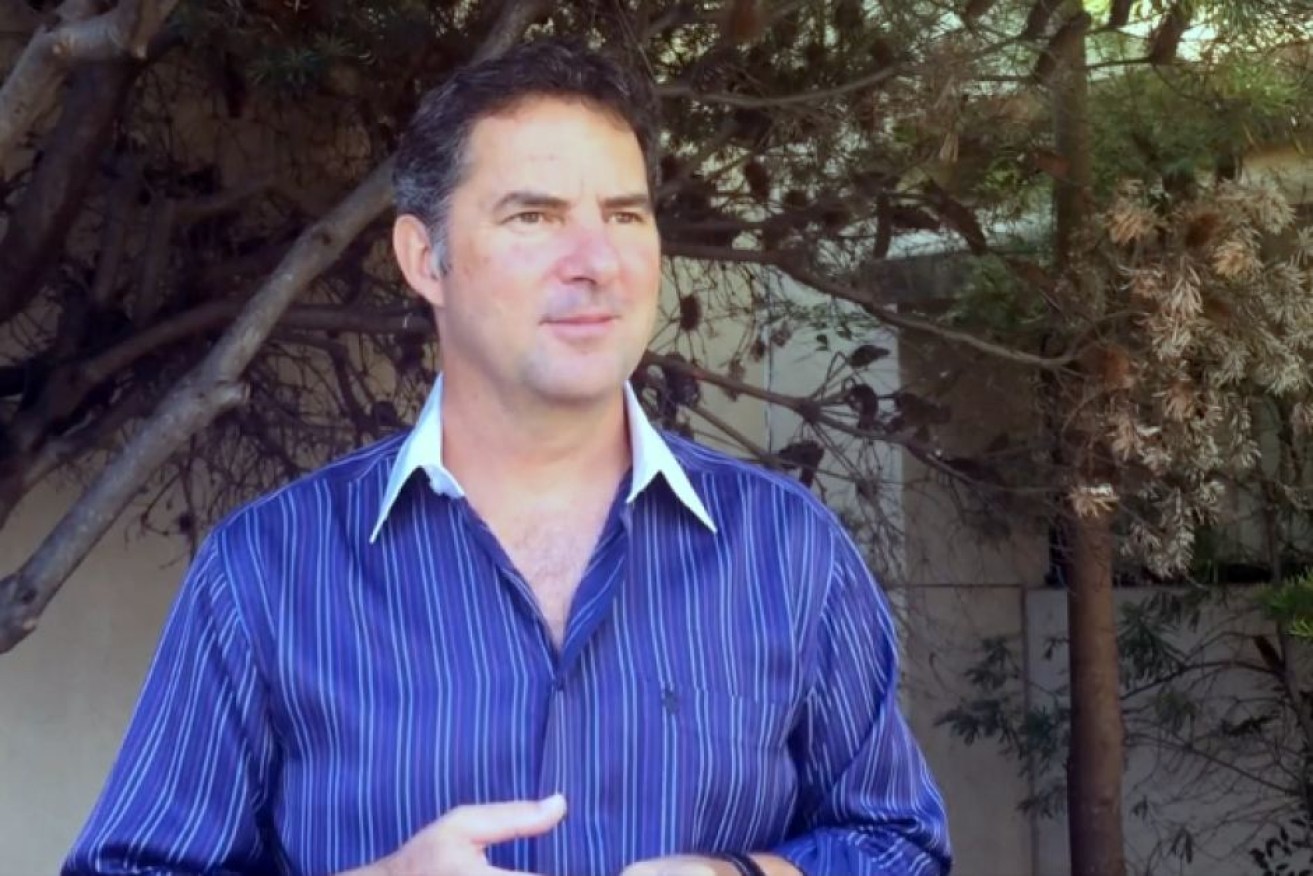CSIRO boss sorry for ‘more like religion than science’ comment

CSIRO
CSIRO chief Larry Marshall has apologised for describing the emotion of the climate debate as almost “more religion than science”.
Dr Marshall had told the ABC the backlash from his decision to restructure the organisation made him feel like an “early climate scientist in the ’70s fighting against the oil lobby” and that there was so much emotion in the debate it almost “sounded more like religion than science”.
He also said he would not be backing down on his controversial shake-up of the organisation’s climate divisions, telling the ABC he was yet to be persuaded.
• CSIRO boss: climate debate ‘more religion than science’
• Home brand products are winning the supermarket war
At Senate estimates on Thursday afternoon he backed away from those comments.
“I’d like to apologise for any offence I may have caused to anyone with respect to my reference to religion,” Dr Marshall said.
“I was merely referring to the passionate zeal around this issue, not any other reference, and I deeply apologise.”
The redirection of climate science priorities at the CSIRO has drawn international condemnation, with thousands of climate scientists signing an open letter protesting against the changes.

Dr Marshall defended the CSIRO shake-up, despite international backlash.
All up, 350 jobs will “change” – a plan that has drawn the ire of an Intergovernmental Panel on Climate Change co-chair and even the World Meteorological Organisation which has made an unprecedented statement condemning the decision.
During the Senate estimates hearing, Dr Marshall was quizzed about the backlash and was asked if he thought the international scientists were wrong.
“We’re not saying that modelling and measurement are not important. We’re saying that modelling and measuring isn’t more important than mitigation and we’ve chosen to shift our emphasis to mitigation,” he said.
Dr Marshall detailed exactly which areas would be pared back under the changes – with 65 jobs to go in the Oceans and Atmosphere teams, up to 60 from Land and Water and 40 from manufacturing.
But he insisted redundancies would be a last resort.
“This change is a refresh and redirection of capability of CSIRO, not a cut to staffing level,” he said.
“After this process, over two financial years a number of team members should be the same or slightly higher.
“But worst case, up to 350 team members could be affected and if they can’t be redeployed or reskilled they will leave.”
-ABC








